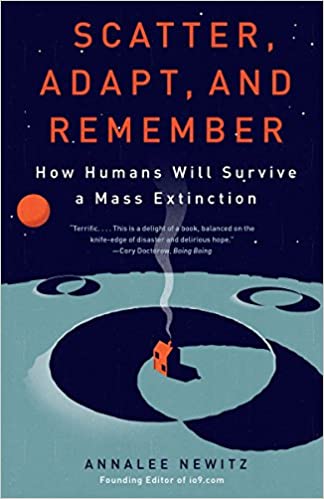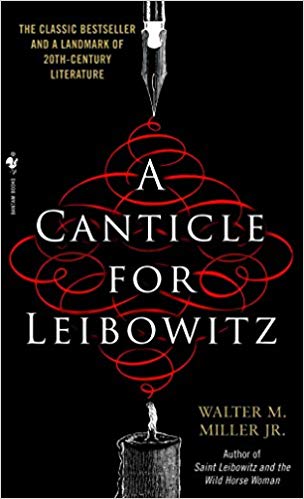This August, 2020, is a big month for centennials. A week ago marked 100 years since Charles Bukowski arrived, a week from today will mark the end of the first Century of Charlie Parker. Today, it’s Ray Bradbury.
I know I’m not alone in first reading Bradbury in grade school—4th grade for me IIRC—and in that first read being his story “The Veldt,” followed by the whole of The Martian Chronicles. The next step for many was Fahrenheit 415, and if you play the trailer above, you’ll see that starting at 4:30pm EDT on this day of his birthday, August 22, 2020, there will be a live (in installments) reading of that novel—it runs as a series through September 5.
He was one of the greatest American writers and also one of the greatest writers of the 20th century. He was American in that so much of his work was about growing up and living in America, from idealized small towns to urban brutality to utopian dreamscapes, and he was embedded in the 20th century, the genre century, writing tales that were speculative about the future through a unique fantastic sensibility, and writing horror, and writing crime fiction (check out this newly published collection from Hard Case of his crime stories). In terms of how he affects the reader, what you feel while and after reading his stuff, he’s one of the all-time greats.
(P.S. I recently started reading his Zen in the Art of Writing, and it’s amazing, every other sentence is one you want to repeat to yourself in your mind.)
“I ate your book.”
“My favorite new music blog.”















You must be logged in to post a comment.